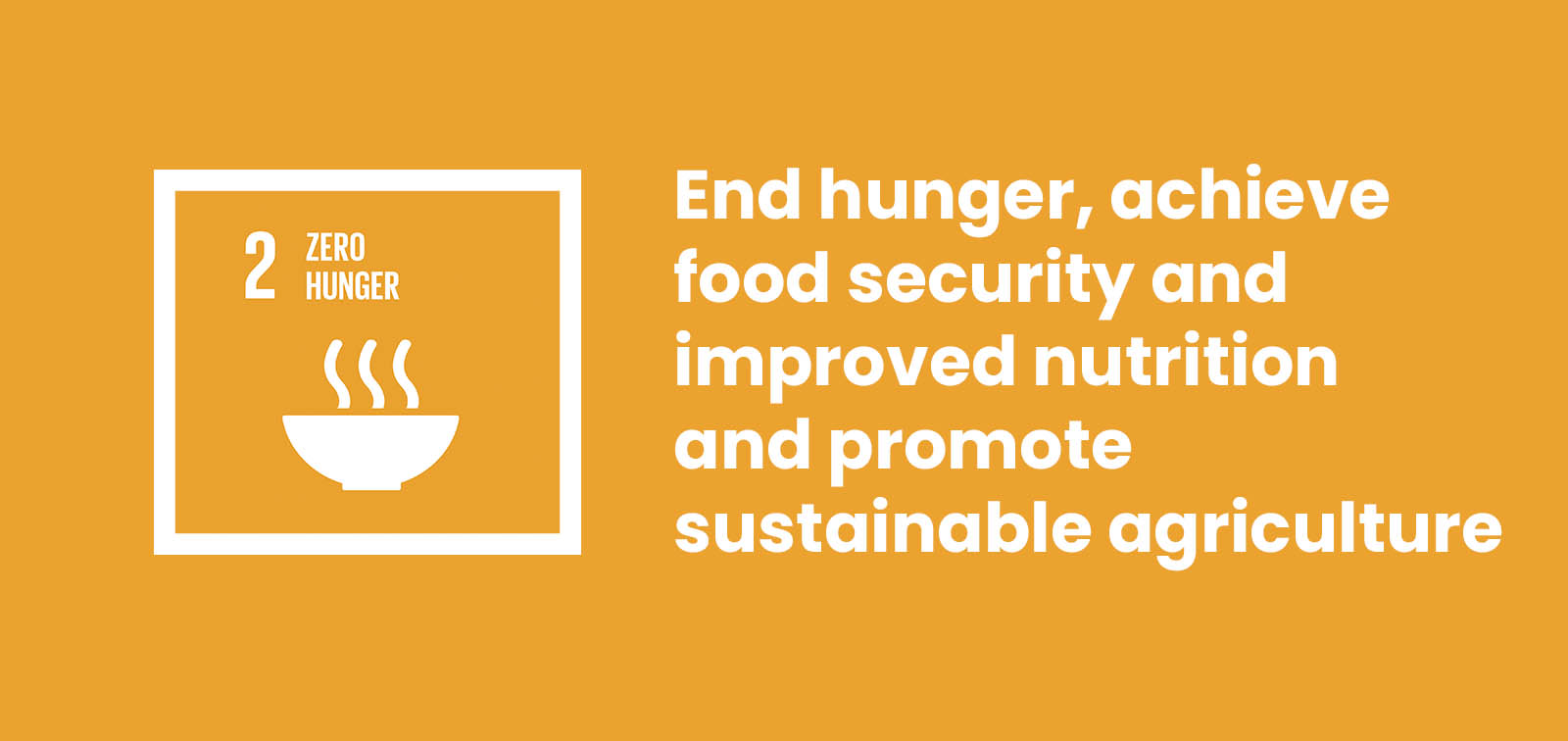Fast fashion culture is a new commercial phenomenon with a huge environmental impact. It has the potential to harm animals, harm the environment, and exploit workers. The potential consequences of this might include environmental harm, human rights violations, and the production of textile waste. The fashion industry is frequently connected with exploitative labor practices, in which workers are pushed to work longer than normal hours and are given minimum pay. This culture may emerge as a result of the fashion industry's continued growth, which forces society to adopt current trends. Consumers with boundless demands might also play a role. As a result, I attempt to take better care of existing clothing and decrease my urge to purchase new items, and optimizing the capacity of my closet.
Nowadays, everyone engages in common activities such as internet shopping. Anyone may buy garments at any time and from any location. Due to the fact that some people consider internet shopping to be a hobby, this might potentially result in more clothing waste. I didn't realize that online shopping might be an issue at first because it had so many advantages. However, after helping the flood victims by volunteering, I noticed that many garments had been given to them. But since most donated clothing is fashion-related, they cannot wear the bulk of it since it is not appropriate for them.
From there, I realized that most individuals only use their items a few times before tossing them away or donating them to charity. There is nothing wrong with giving your own clothes, but we need to know what's going on in this situation. They need clothes to protect their bodies, not for fashion. I also realized that if these clothes were just stored in the wardrobe, they would deteriorate. Sometimes our acts are regarded as positive, yet they may sometimes bring issues. In this circumstance, we are forced to discard some of the garments and recycle others.
I decided to divide the garments into two categories: those that were damaged and those that could still be worn. My team and I made this decision since the collection of all the garments in one location created a mess and an unpleasant odor. I also advised my colleagues to consider carefully any purchases we make. Do we actually need it, or are we just following the crowd? We give the clothing to the recycling center after categorizing it so it may be reused rather than contributing to the quantity of waste in the landfill.
Overall, I am more careful about not purchasing unneeded clothing. In comparison to earlier, I now spend money on 4 or 5 new pieces of clothing on average. I understand that not everyone is capable of taking such action because everyone has their own wants, but that does not mean we cannot strive to lessen them. Although this is a minor effort, it has the potential to have a significant influence on my life. As previously said, one of the obstacles to establishing this knowledge is excessive usage. It is critical that we take responsibility for the cleanliness and preservation of our planet.








